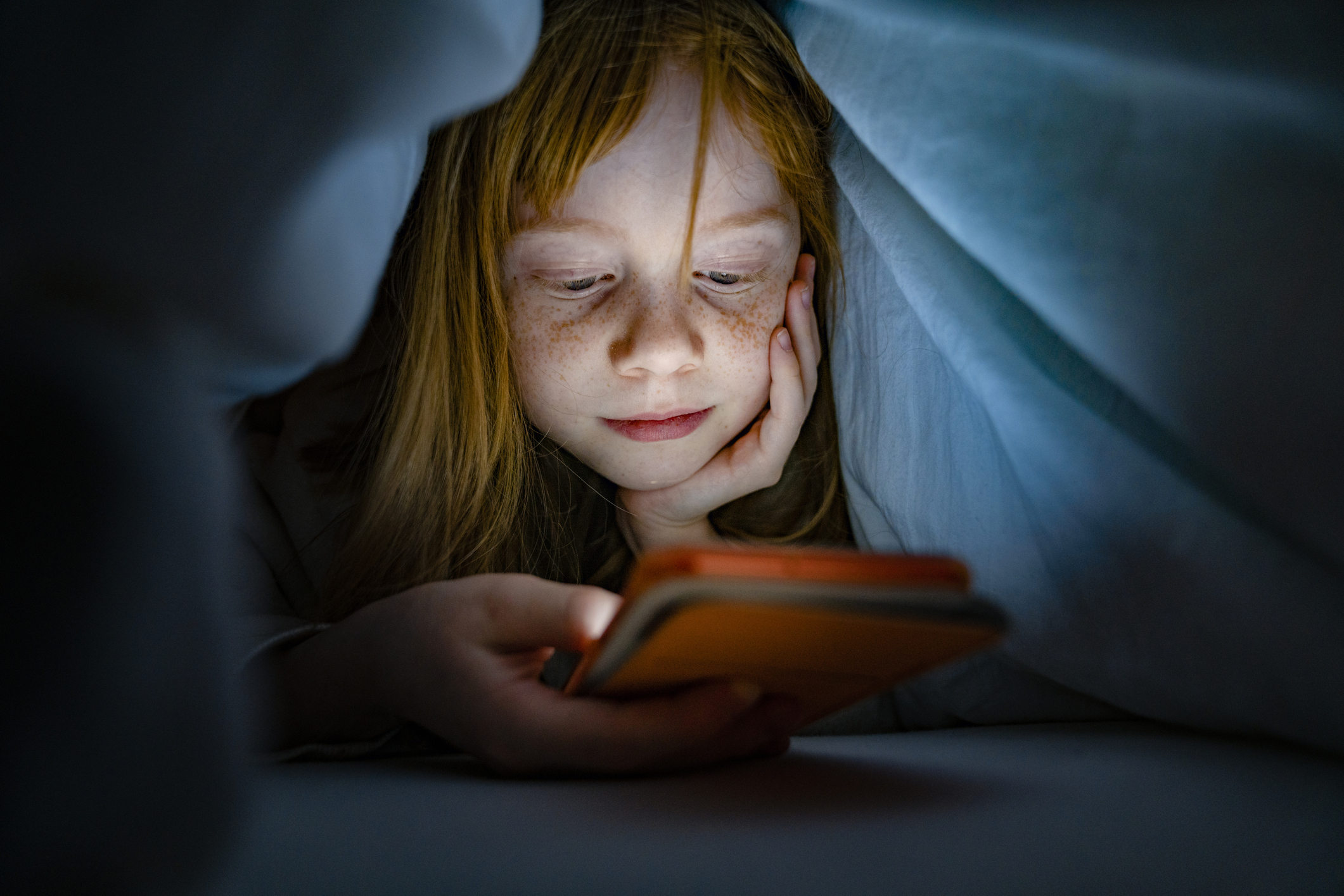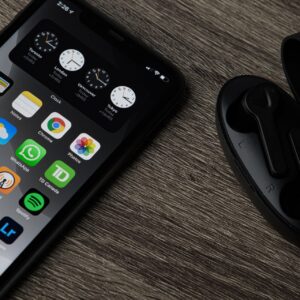20, 30 years ago, social media weren’t an issue anyone would think about or even imagine. But nowadays, children are born with internet access, allowing them to create social media accounts at a young age. Here’s where parents start questioning whether they should be monitoring their usage and activities on the internet and social media.
According to ExpressVPN’s study, four to thirteen-year-old kids say bullying is their main fear, including “pranks” between them that include scary videos or rudeness. They also say that kids are spending more and more time on social media than they should, which is why parents should start monitoring their interactions and internet activities.
What risks are kids facing in social media?
One of the biggest parents’ mistakes when allowing kids to have unsupervised social media is that they don’t understand the risks they face every minute they’re online. When being an adult, we know what’s right and wrong, but kids don’t, making them an easy target for the following things:
- Cyberbullying
- Sexting
- Online child predators
- Illegal activities
- “Friends” supporting drug use and others
- Malware, viruses, and phishing
- Identity theft
- Child’s reputation
Kids face many more risks while using the internet and social media, so you must be careful and monitor their activities until they’re old enough to comprehend what’s right and wrong and how to take care of themselves on social media.
How can we monitor our child’s social media activities?
If you want to start monitoring your child’s presence on the internet and social media, you must analyze what platforms they are using and what risks they get in each one. Once we know that, we can start identifying what practices we can make to protect our kids. You must let kids know when something’s not right on social media because that way, they can start learning to identify it, such as teaching them not to download anything without your permission and supervision.
10 activities to monitor child’s activity:
- Activate the limit screen for 30min maximum every day;
- Delete all untrustworthy apps;
- Unfollow all weird or unknown accounts from kids’ social media;
- Always check for browser history;
- Talk to them and show them day by day what’s good and wrong;
- Check on liked posts to see if everything’s fine;
- Help kids understand they are in a safe place, and they can tell them everything that’s worrying them;
- Teach them about sexting, adult websites, online predators, and sensitive information and why they should be careful;
- Limit the kid’s device access to websites and apps;
- Let them know you’re monitoring their activity for their safety;
Are there benefits from kids having social media?
When internet and social media access are well monitored, and kids understand what’s right and wrong, they can benefit from them. Both parents and kids must understand social media and the internet can be a great way of opening opportunities for happiness, health, and their future. Still, it can also be easy to access the wrong side of the internet.
If they understand this, then they can have huge benefits from them like:
- Self-education;
- Positive online friendships;
- Discover positive and healthy communities and groups;
- Learn new hobbies and passions;
- Creativity development;
If social media are used correctly, there are infinite benefits kids and adults can get from them. The key is knowing how to use them smartly.
What happens if a kid uses too much social media?
Due to the pandemic, many kids had social media and internet access unlimited all day long, and there were many side effects that parents should deal with and resolve with them. Some of which are:
- Restiveness when not using social media;
- Prepotent personality;
- Toxic habits;
- Lack of social skills;
- Challenging and defying elders;

Parents must teach kids to do things the right way, and if your kid shows one or more aspects, like mentioned, then social media should be monitored and limited as much as possible until they get a “detox” from them and learn how to use them correctly. Not doing something about it can lead to teenagers and then adults that don’t know how to use social media and have a bad attitude towards others, not being good company, or having problems with daily life.














